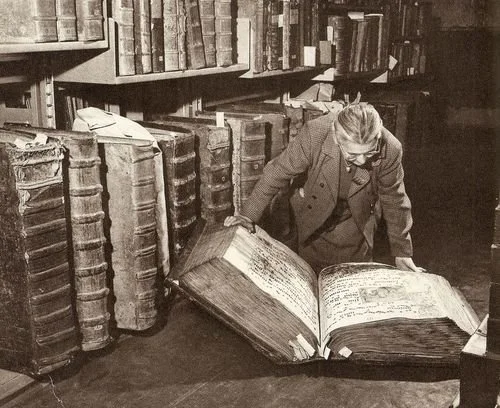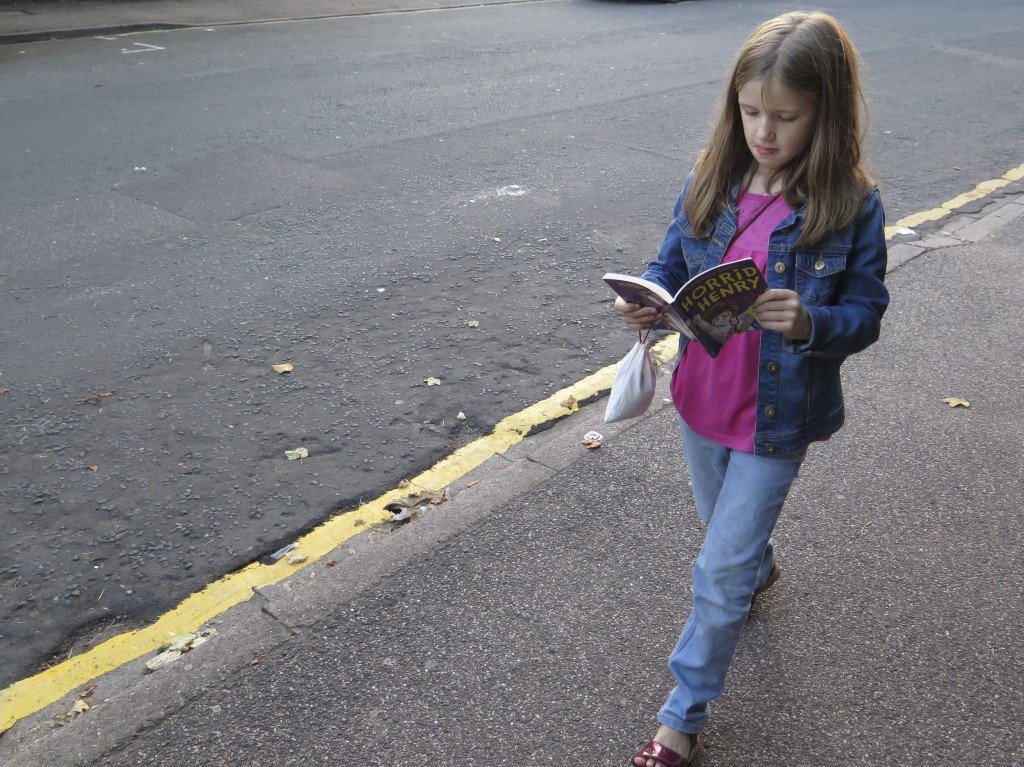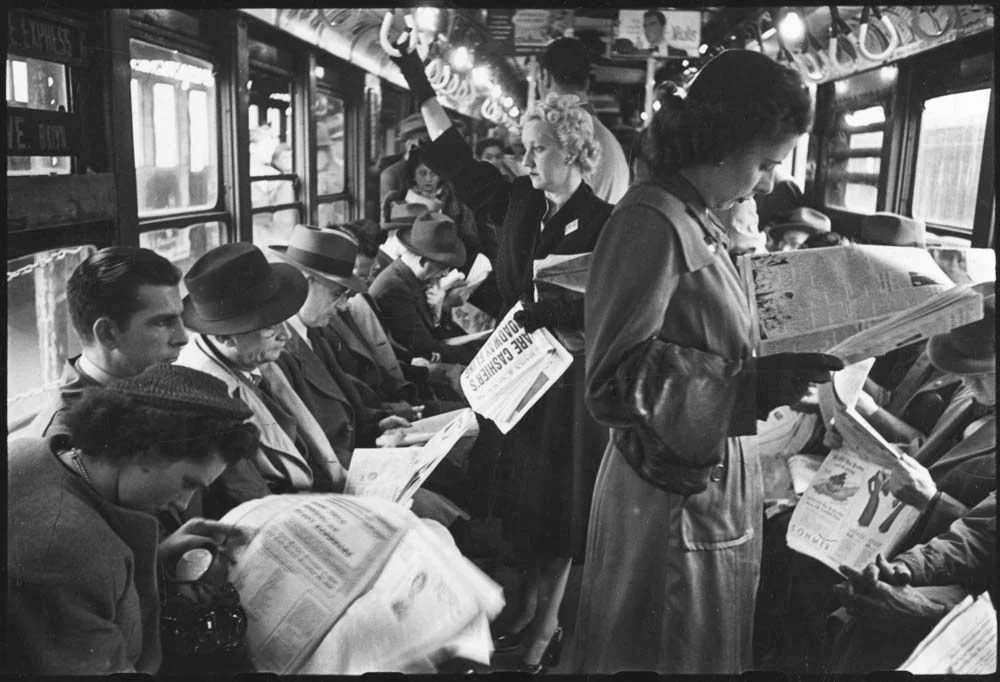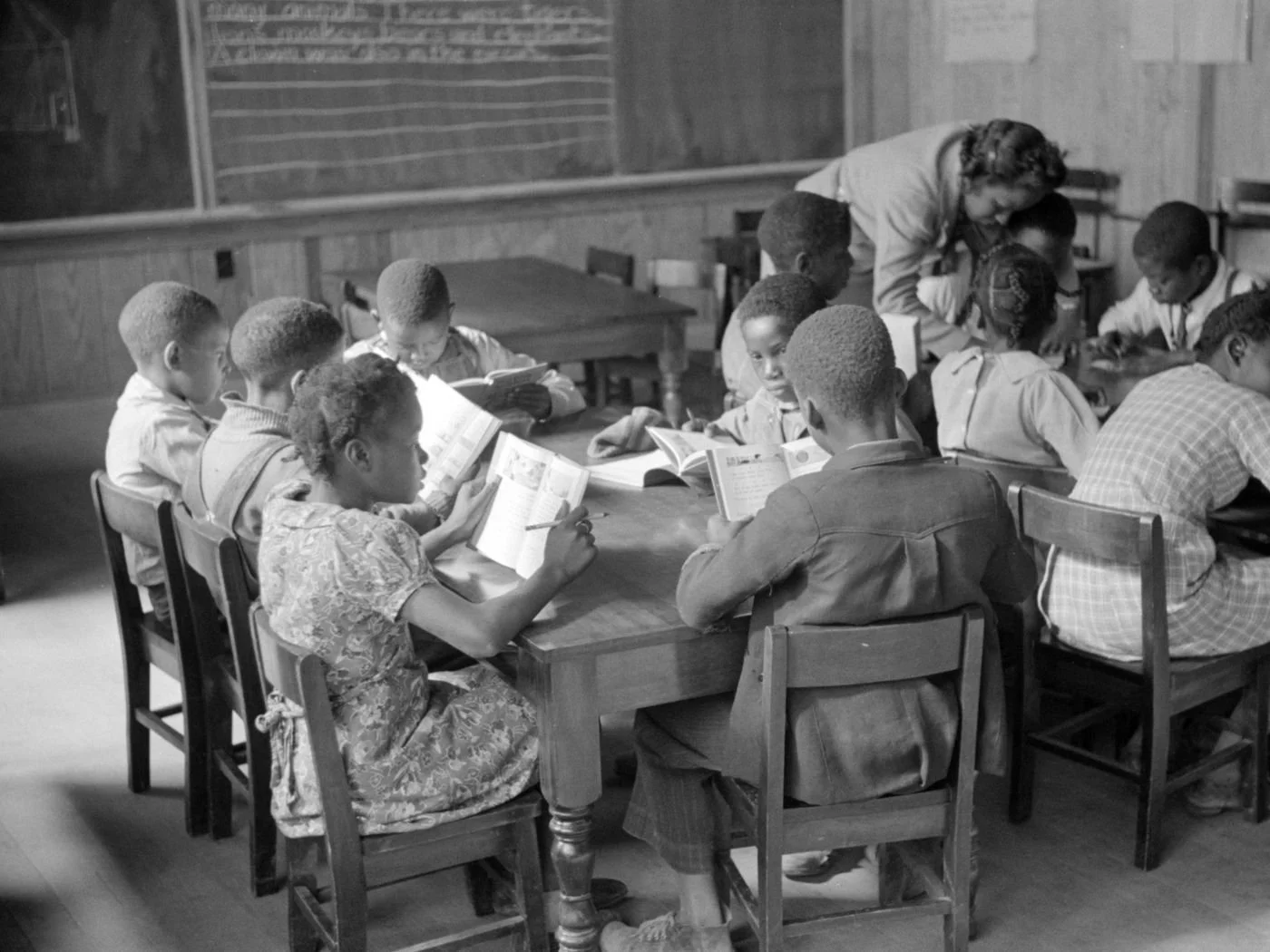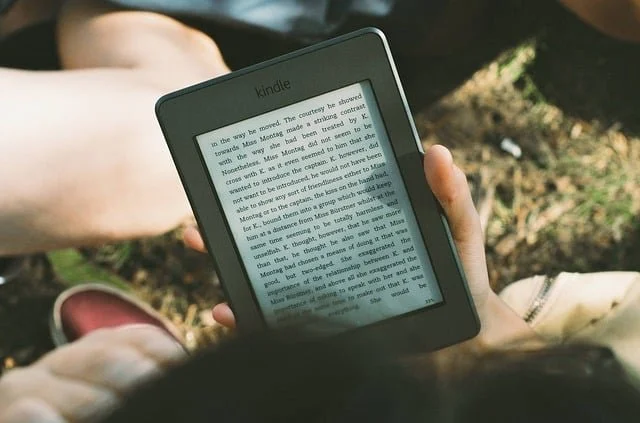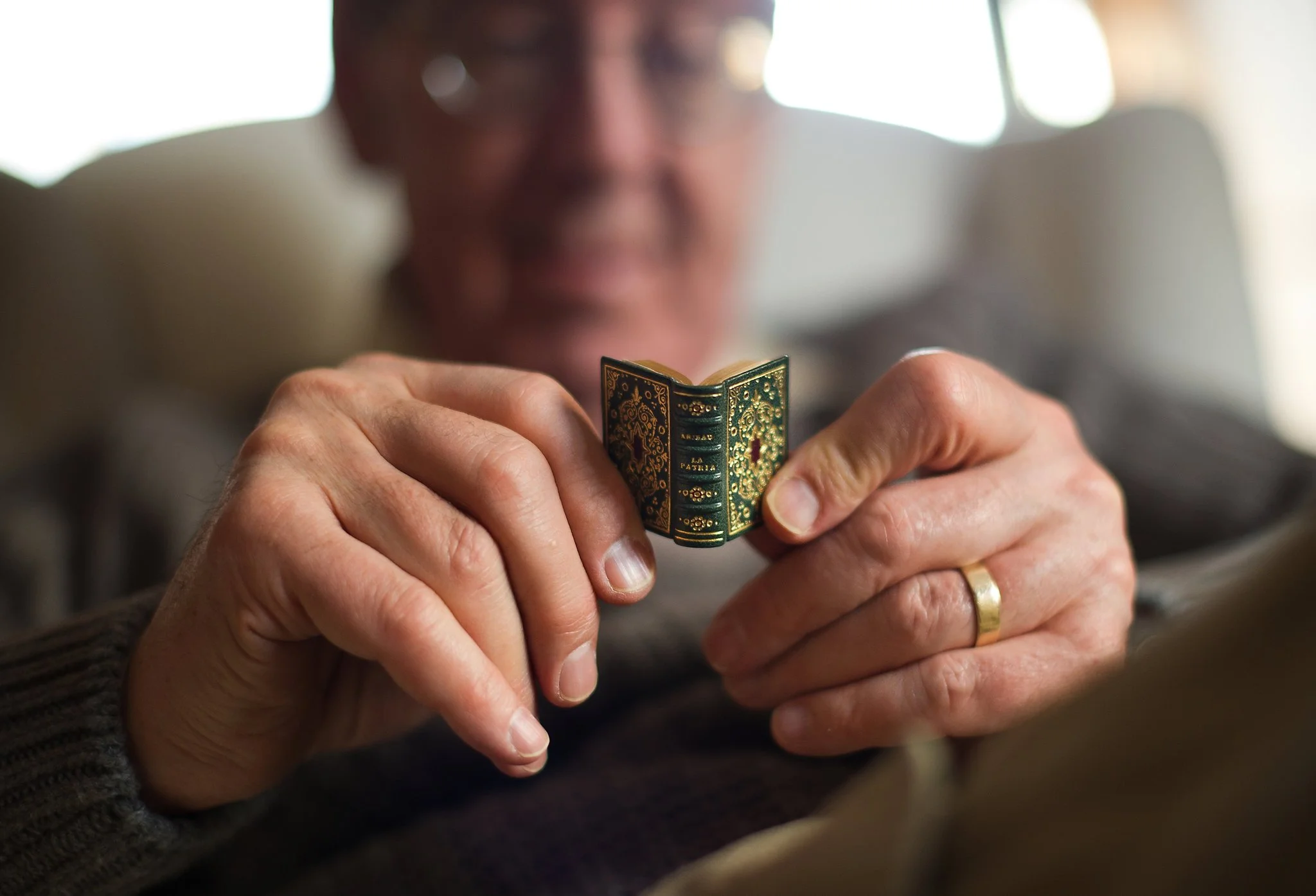By The Landlord
“A reader lives a thousand lives before he dies … The man who never reads lives only one.” – George R.R. Martin
“One glance at a book and you hear the voice of another person, perhaps someone dead for 1,000 years. To read is to voyage through time.” – Carl Sagan
“Read a thousand books, and your words will flow like a river.” – Lisa See, Snow Flower and the Secret Fan
“A peasant that reads is a prince in waiting.” – Walter Mosley, The Long Fall
“Show me a family of readers, and I will show you the people who move the world.” – Napoléon Bonaparte
“If you don’t like to read, you haven’t found the right book.” – J.K. Rowling
“Only a generation of readers will spawn a generation of writers.” – Steven Spielberg
“There is no Frigate like a Book
To take us Lands away
Nor any Coursers like a Page
Of prancing Poetry –
This Traverse may the poorest take
Without oppress of Toll –
How frugal is the Chariot
That bears a Human soul.” – Emily Dickinson, Selected Poems
“Some say life is the thing, but I prefer reading.” – Ruth Rendell, A Judgement in Stone
“The more that you read, the more things you will know.
The more that you learn, the more places you’ll go.” – Dr. Seuss
Thanks to childhood education, reading, for most of us, is like breathing. But imagine being without it? From road signs to station displays, letters to menus, bills to newspapers to books and all other media, the world would be a series of mysterious, frightening, confusing symbols. Reading is defined as a cognitive, active process of decoding these symbols to arrive at meaning, perhaps for a purpose to direct or extract information, to focus a goal, or simply to discover and escape. It’s both passive and active, but is a mental muscle that can constantly be sharpened and strengthened throughout life.
When I think back to the first few years of life, the process of acquiring language via reading seems like a whirlwind, a blur. Words just accumulated, sticking together like snowflakes, forming patterns. It didn’t feel like work, it just happened. Perhaps I had a particularly hunger and affinity for it, but language acquisition for all children, given the right stimulus, is surely a natural human process. Noam Chomsky’s Innate Hypothesis even suggests that beyond cultural elements, there’s a biological factor in our brain process, and that forming phrases and grammar is to a certain extent programmed within us genetically. Here’s another way of describing it:
“At one magical instant in your early childhood, the page of a book – that string of confused, alien ciphers – shivered into meaning. Words spoke to you, gave up their secrets; at that moment, whole universes opened. You became, irrevocably, a reader.” – Alberto Manguel, A History of Reading
And capturing the brain ignition that involves, here’s Victor Hugo: “To learn to read is to light a fire; every syllable that is spelled out is a spark.”
As well as knowledge, reading does many things for us. It allows us to step into other worlds and learn of other lives, acquire perspective and empathy, but for many people is an essential part of their day from first thing in the morning to last thing at night – above to relax. There’s bedtime reading, but I also know people who require it to accompany all kinds of activities – travel, and even going to the toilet. I know one friend who can’t – ahem – fully function in the bathroom without reading some words, even the label of a cleaning product.
Aldous Huxley recreates such a situation in his essay, The Olive Tree (1936):j
“Deprived of their newspapers or a novel, reading-addicts will fall back onto cookery books, on the literature which is wrapped around bottles of patent medicine, on those instructions for keeping the contents crisp which are printed on the outside of boxes of breakfast cereals. On anything.”
So this week we’re all about reading, a nice follow-up to the topic of libraries and bookshops a few weeks ago, and in the past, subject such as books (which mainly just used titles) and letters, but this time it’s about the act of reading itself. And that doesn’t just mean books, but any other written word form. And it could also extend to other metaphors of decoding symbols and related idioms. Read minds and thoughts ("like a book”), or situations, behaviour, and “reading the room”? Or even other contexts such as reading rights, last rites, read the riot act, reading lessons, having a performance read-through, read loud and clear, reading lips, reading into something, or even more remotely, taken as read.
But for the most part we’re seeking songs about the usual meaning reading itself, predominant in the song of with a prominent line that tells a narrative or key detail.
Reading can be done anywhere, on the sofa to the park bench, or transport, or the toilet. I’m always fascinated when you see someone so engaged in a book they can’t even stop when walking down the street. As Laini Taylor describes, in Strange The Dreamer, this voracious set of eyes: “He read while he walked. He read while he ate. The other librarians suspected he somehow read while he slept, or perhaps didn't sleep at all.”
Unputdownable
Essential reading?
Unsurprisingly there’s a massive crowd of visitors in the Bar today, books and newspapers in hand, wanting to share their perspective on reading. For many it’s absolutely essential for these insatiable minds.
“There are never enough books!” declares John Steinbeck.
“Yes, my friend, you can never get a cup of tea large enough or a book long enough to suit me,” adds C.S. Lewis.
And in where else but here will you find these literary figures having a drink with Malcolm X, who tells us, originally via his prison experience before his social activism, that this was the source of his power of words and powerful speaking: “My alma mater was books, a good library … I could spend the rest of my life reading, just satisfying my curiosity.”
Jane Austen is of course an essential presence for this week’s topic, and dipping into the Bar’s well-thumbed copy of Pride and Prejudice, she quotes: “I declare after all there is no enjoyment like reading! How much sooner one tires of any thing than of a book! – When I have a house of my own, I shall be miserable if I have not an excellent library.”
Surprising to some, but not others, Motörhead’s Lemmy Kilmister also in the house, and admiring of Jane and others a the tables, also laments how reading seems to have declined in the early 21st century:
“People don't read any more. It's a sad state of affairs. Reading's the only thing that allows you to use your imagination. When you watch films it's someone else's vision, isn't it?”
John Waters disagrees on the film front, but reckons that to possess books is absolutely essential as a judge of character. “If you go home with somebody, and they don't have books, don't fuck ’em!” he declares mischievously.
Pleasure and escape:
Reading is very much about pleasure for so many people of all types and backgrounds.
“My life is a reading list,” says John Irving.
“Literature is my Utopia,” writes Helen Keller.
“Reading well is one of the great pleasures that solitude can afford you,” adds the academic, Harold Bloom.
Some declare a higher level to the activity. “A man reading should be man intensely alive. The book should be a ball of light in one's hand,” says Ezra Pound.
“Books are a uniquely portable magic,” says Stephen King, in his own On Writing: A Memoir of the Craft.
“I was always going to the bookcase for another sip of the divine specific,” describes Virginia Woolf in The Waves.
Reading has a variety of purposes. It certainly gave Maya Angelou a purpose, a drive, in the face of her traumatic childhood:
“When I look back, I am so impressed again with the life-giving power of literature. If I were a young person today, trying to gain a sense of myself in the world, I would do that again by reading, just as I did when I was young.”
Somerset Maugham puts this in a more direct, droll way: “To acquire the habit of reading is to construct for yourself a refuge from almost all the miseries of life.”
Mental training
Discovery, escape and empowerment:
But how does this relief manifest itself? A running theme is communication with other lives. “We read to know we're not alone,” writes William Nicholson in Shadowlands.
“Reading brings us unknown friends,” adds Honore de Balzac.
“Reading was my escape and my comfort, my consolation, my stimulant of choice: reading for the pure pleasure of it, for the beautiful stillness that surrounds you when you hear an author's words reverberating in your head,” writes Paul Auster in The Brooklyn Follies.
“The reading of all good books is like conversation with the finest men of past centuries,” says René Descartes with an even grander sweep of profundity.
“Reading is the sole means by which we slip, involuntarily, often helplessly, into another's skin, another's voice, another's soul,” adds Carol Joyce Oates.
And this window into other lives also offers a process of self-learning. “In books I have travelled, not only to other worlds, but into my own,” writes Anna Quindlen in How Reading Changed My Life.
Reading is vital for self-empowerment
But how? Here’s Alan Bennett in The History Boys:
“The best moments in reading are when you come across something – a thought, a feeling, a way of looking at things – which you had thought special and particular to you. Now here it is, set down by someone else, a person you have never met, someone even who is long dead. And it is as if a hand has come out and taken yours.”
Angela Carter adds more: “Reading a book is like re-writing it for yourself. You bring to a novel, anything you read, all your experience of the world. You bring your history and you read it in your own terms.”
Reading is also a form of self-empowerment. “Today a reader, tomorrow a leader, ” declares Margaret Fuller, pithily.
“I am a part of everything that I have read,” adds the sponge-like mind of Theodore Roosevelt.
Not everyone can remember what they’ve read, but Ralph Waldo Emerson doesn’t think this is a problem: “I cannot remember the books I've read any more than the meals I have eaten; even so, they have made me.”
Reading then, seems to be akin with personal strengthening. “A word after a word after a word is power,” adds Margaret Atwood, whose books at times envision a dystopian world of no books.
And the uncompromisingly, take-no-shit sharp wit of New Yorker Fran Lebowitz adds this cherry on the bookshelf top: “Think before you speak. Read before you think.”
Mental process:
But how do we read as a mental or even physical approach? Fast or slow, more than one book at once? “I am reading six books at once, the only way of reading; since, as you will agree, one book is only a single unaccompanied note, and to get the full sound, one needs ten others at the same time,” writes Virginia Woolf in her volume of Letters.
“I took a speed-reading course and read War and Peace in twenty minutes. It involves Russia,” chips in Woody Allen with his tongue firmly in cheek.
“I kept always two books in my pocket, one to read, one to write in,” says Robert Louis Stevenson, adding an extra element to the process, indicating that note-taking is part of the process.
All of this suggests that the reader must also be active in process. “There is creative reading as well as creative writing,” says Ralph Waldo Emerson again.
“Yes, reading without reflecting is like eating without digesting,” adds Edmund Burke.
“A writer only begins a book. A reader finishes it,” comes the booming voice of Samuel Johnson, who makes a more profound point about the exercise.
But once read, should you read again? Robertson Davies thinks so: “A truly great book should be read in youth, again in maturity and once more in old age, as a fine building should be seen by morning light, at noon and by moonlight.”
The age of screen:
We live in the age of the touch screen. But whatever format, reading is hopefully here to stay. Electronic devices such as Kindles? Perhaps they need batteries and cut down on paper, but they are certainly very useful and portable and searchable. “Books are no more threatened by Kindle than stairs by elevators,” reckons Stephen Fry.
But let’s finish with a beautiful description of the magic of books and reading by astronomer, cosmologist, astrophysicist, astrobiologist and author, Professor Carl Sagan, with whom we began this whole big read:
“A book is made from a tree. It is an assemblage of flat, flexible parts (still called "leaves") imprinted with dark pigmented squiggles. One glance at it and you hear the voice of another person, perhaps someone dead for thousands of years. Across the millennia, the author is speaking, clearly and silently, inside your head, directly to you. Writing is perhaps the greatest of human inventions, binding together people, citizens of distant epochs, who never knew one another. Books break the shackles of time – proof that humans can work magic.”
So then, it’s time, after all words, to get writing down and suggesting your songs about reading of any kind. Taking many words and songs in hand is this week’s guest, that forever entertaining storyteller, George Boyland! Deadline for nominations is this Monday at 11pm UK time for playlists published next week. Big or small, read into this as you see fit.
Big ideas, tiny worlds …
New to comment? It is quick and easy. You just need to login to Disqus once. All is explained in About/FAQs ...
Fancy a turn behind the pumps at The Song Bar? Care to choose a playlist from songs nominated and write something about it? Then feel free to contact The Song Bar here, or try the usual email address. Also please follow us social media: Song Bar Twitter, Song Bar Facebook. Song Bar YouTube, and Song Bar Instagram. Please subscribe, follow and share.
Song Bar is non-profit and is simply about sharing great music. We don’t do clickbait or advertisements. Please make any donation to help keep the Bar running:

